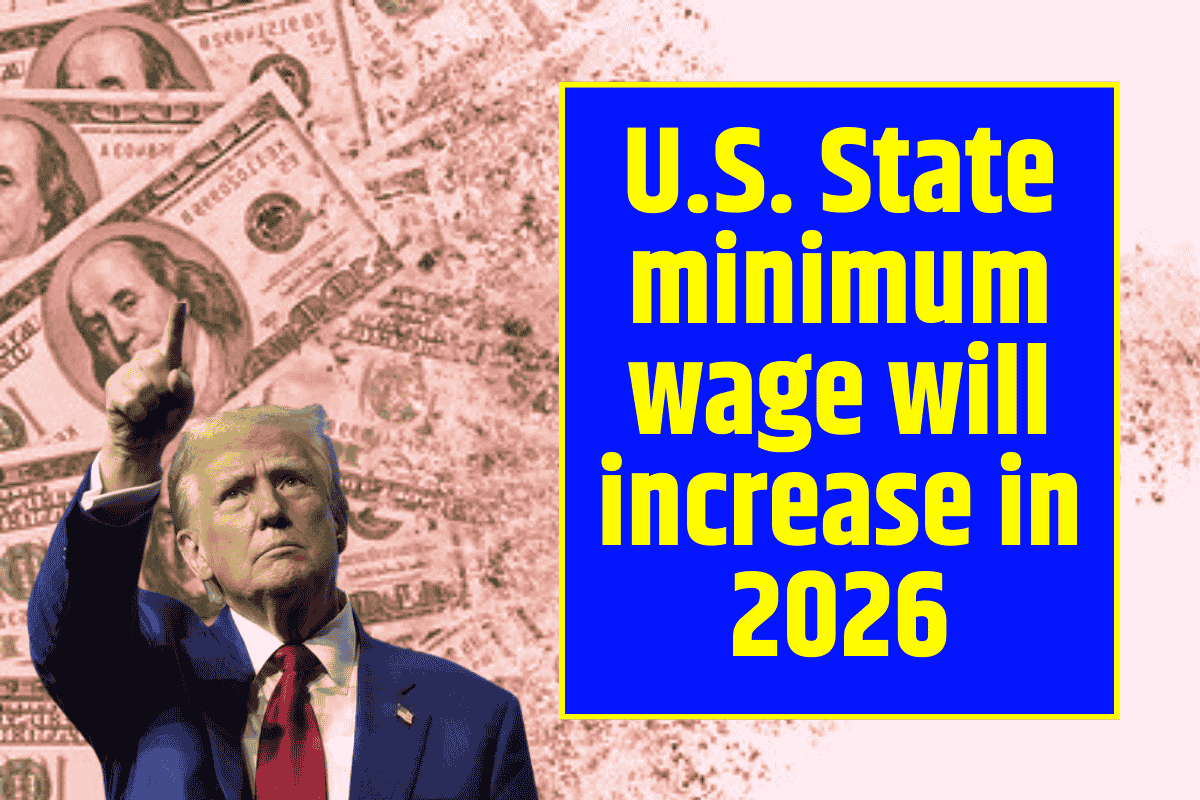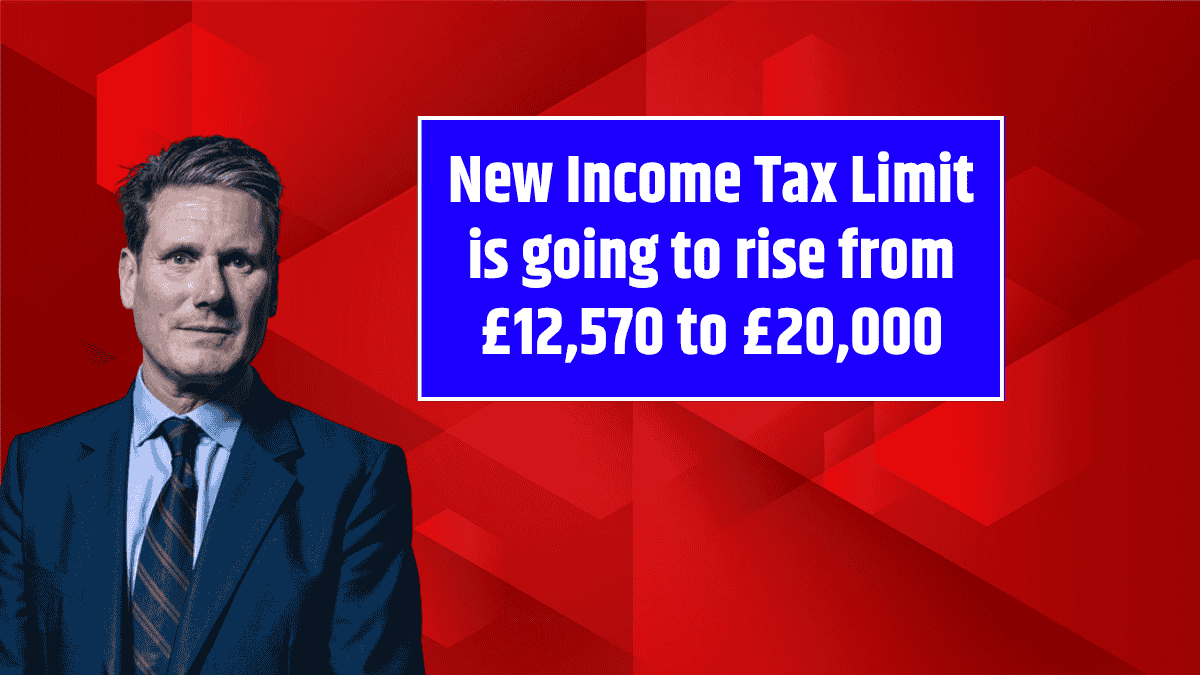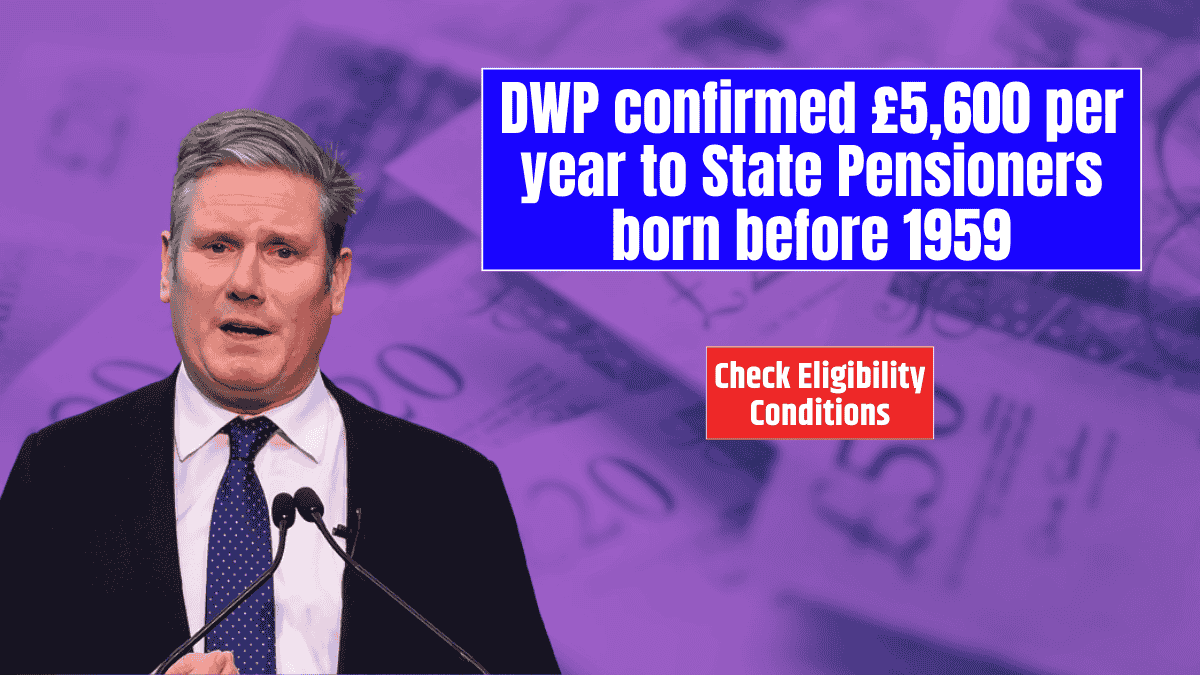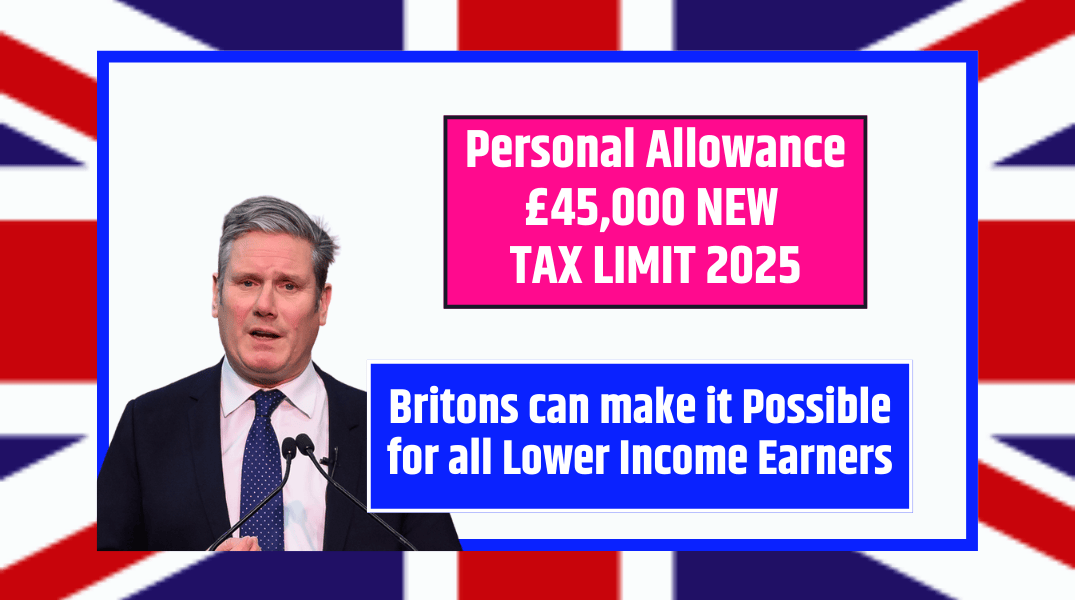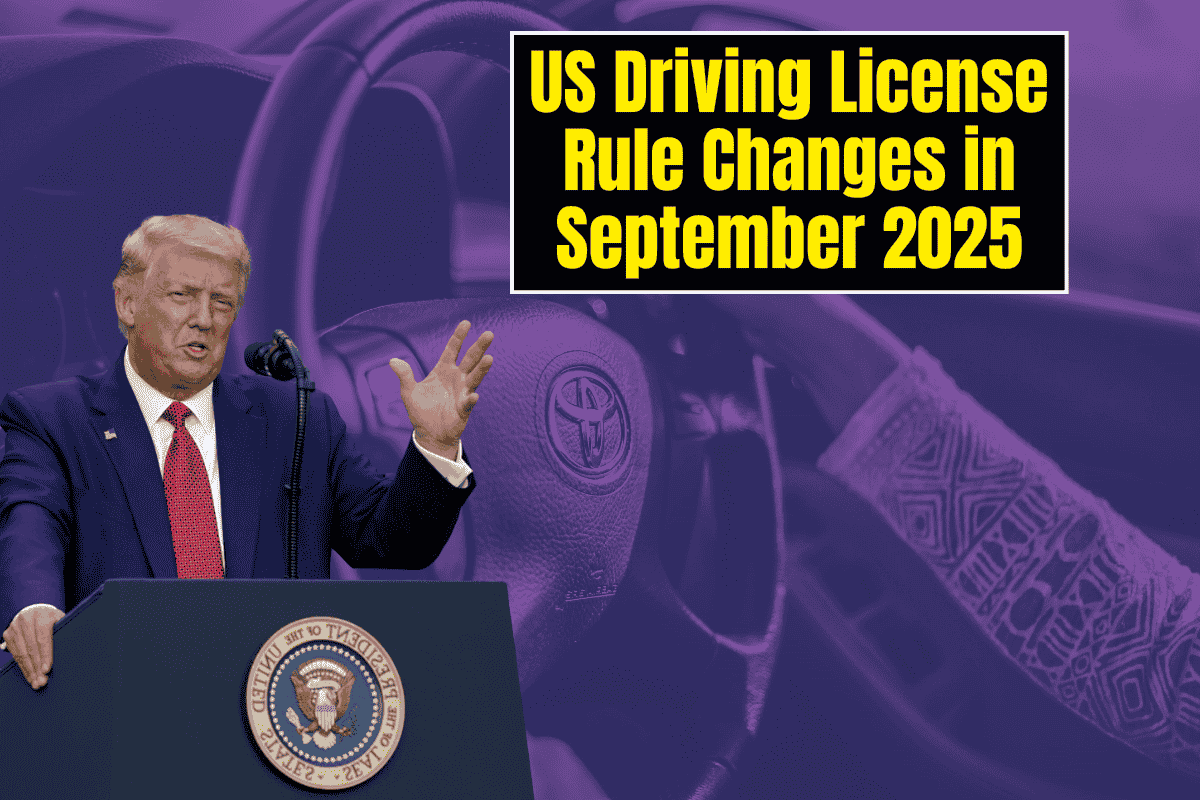Arizona is set to raise its minimum wage in 2026 as a result of inflation adjustments and ongoing efforts to increase worker pay. Starting January 1, 2026, the state’s minimum wage will increase to $15.15 per hour, with additional adjustments in cities like Tucson and Flagstaff.
Arizona Minimum Wage Adjustment: Key Figures
Every year, the Arizona minimum wage is adjusted based on the Consumer Price Index (CPI), which tracks inflation. The CPI for August 2025 has risen by 2.9%, triggering an increase in the state minimum wage. Below are the new minimum wage rates:
| City | Current Minimum Wage (2025) | New Minimum Wage (2026) |
|---|---|---|
| Arizona State | $14.70 | $15.15 |
| Tucson | $15.00 | $15.45 |
| Flagstaff | $17.85 | $18.35 |
The state’s increase will directly impact around 230,000 workers in Arizona who currently earn $15 an hour or less. It may also impact workers earning slightly above the minimum wage, as employers may raise their pay to remain competitive.
Rising Costs and Calls for Higher Wage Adjustments
While the increase to $15.15 may seem like a step forward, some advocates argue that it falls short given the rising cost of living. Alejandra Gomez, executive director of Living United for Change in Arizona, pointed out that many Arizona residents continue to struggle with escalating costs, particularly in housing and utilities. The organization is now considering a new initiative to raise the minimum wage to $20 an hour, reflecting the true cost of living for workers.
Governor’s Perspective
Governor Katie Hobbs acknowledged the struggles of Arizonans but declined to comment on a specific wage figure. She emphasized that a living wage should ensure workers can cover basic needs like housing, utilities, and food. However, she said that the exact amount varies for each individual.
Business Reactions: Concern Over Costs
Opposition to wage hikes often comes from business leaders, such as Steve Chucri of the Arizona Restaurant Association. He warned that constantly raising the minimum wage could lead to job automation, with businesses opting for machines over human labor to reduce costs. For example, Chipotle has already started using machines like Autocado to cut, core, and peel avocados, tasks once performed by entry-level workers.
The Fight for $20 and Beyond
The push to raise the minimum wage to $20 reflects an ongoing battle between workers and business interests. Some Arizona voters may recall that previous efforts to increase the minimum wage have been met with strong opposition from business groups, especially in 2006 and 2016. Yet, both initiatives were successful in garnering broad public support, even as opponents warned of negative economic impacts.
Inflation and Consumer Prices
Inflation continues to be a significant issue for many Arizonans, affecting everyday goods and services. The Bureau of Labor Statistics (BLS) reports the following price changes in key areas:
| Category | Inflation Rate |
|---|---|
| Groceries | 2.7% |
| Eating Out | 3.9% |
| Electricity | 6.2% |
| Gasoline | -6.6% |
| New Cars | 0.7% |
| Used Cars | 6.0% |
| Shelter | 3.6% |
While wages are rising, the cost of living, especially in housing and utilities, continues to challenge many workers in Arizona.
FAQ:
1. What is the new Arizona minimum wage for 2026?
The minimum wage for Arizona will increase to $15.15 per hour starting January 1, 2026. Tucson will see an increase to $15.45, and Flagstaff’s minimum wage will rise to $18.35.
2. How is Arizona’s minimum wage adjusted each year?
Arizona’s minimum wage is adjusted annually based on the Consumer Price Index (CPI), reflecting changes in inflation. In 2025, the CPI increased by 2.9%, which triggers a 45-cent increase in the state minimum wage.
3. What is the federal minimum wage?
The federal minimum wage remains at $7.25 per hour, a rate that has not been changed since 2009. Twenty states continue to use the federal minimum wage.
4. Why is there a call for raising the wage to $20 an hour?
Advocates argue that the current minimum wage does not reflect the true cost of living, especially in areas like housing and utilities. Alejandra Gomez of Living United for Change in Arizona pointed out that many workers are still struggling despite the $15 an hour threshold.
5. What impact does inflation have on wages?
Inflation continues to increase the cost of everyday goods, such as groceries, housing, and utilities. While Arizona’s minimum wage increase is designed to keep pace with inflation, many workers still feel the financial strain, especially in areas where costs are rising faster than the overall inflation rate.
6. How are businesses reacting to the minimum wage increases?
Business leaders, including those from the Arizona Restaurant Association, are concerned about the impact of rising wages on their operations. They worry that higher wages could lead to job automation, where machines replace entry-level workers to save on labor costs.
